 |
 |
 |
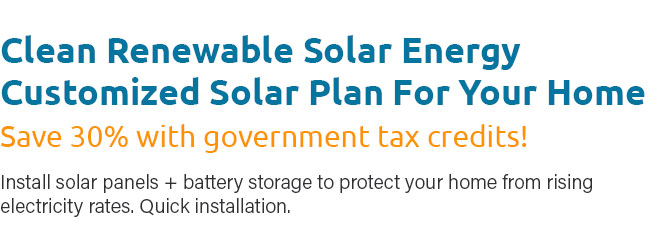 |
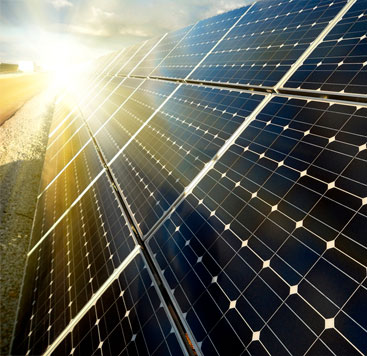 |
 |
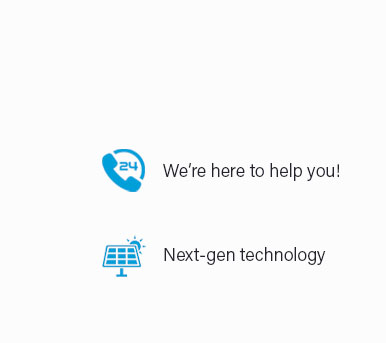 |
 |
 |
 |
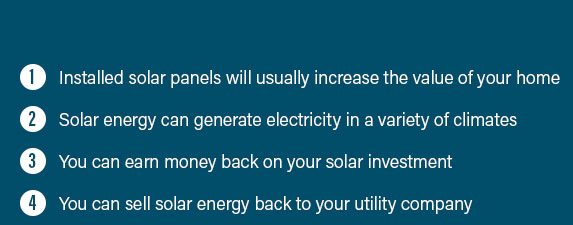 |
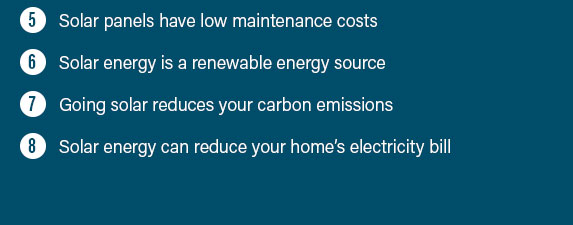 |
 |
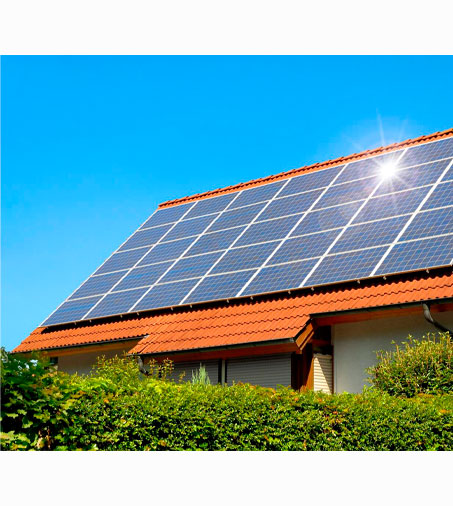 |
|
 |
 |
 |
|
Transform your home into a powerhouse of clean energy with our unbeatable solar power installation services-get a personalized solar panels installation quote today and step into a future where your home generates its own electricity, slashes your energy bills, and makes you a champion of sustainability; with our expert team at the helm, you're not just installing solar panels-you're investing in cutting-edge technology that empowers your home and elevates your lifestyle, all while making an impactful statement against climate change-join the solar revolution now and bask in the brilliance of tomorrow, today.
https://www.energysage.com/solar/diy-solar-panels-pros-and-cons/
For a home solar panel system, work with a solar installer - A professional solar panel installation is qualified & protected - Solar installers ... https://freedomsolarpower.com/home-solar-installations
We offer comprehensive services to ensure your solar system functions optimally. Our team can handle solar repair, maintenance, and upgrades. https://www.altestore.com/?srsltid=AfmBOoqCrm0Hp249mYPA4M3d3aEPfh7HxpGfI01tlvIRpEiDUS0qiFAW
Get Started with Solar - Fill Out the Energy Questionnaire Fill out the questionnaire to see your current energy consumption and determine what kind of system ...
|